20 Surprising Uses For Epsom Salt
This common household item can help with poison ivy, acne, sunburn, and aid in the garden. Check out why you should have some in your home.
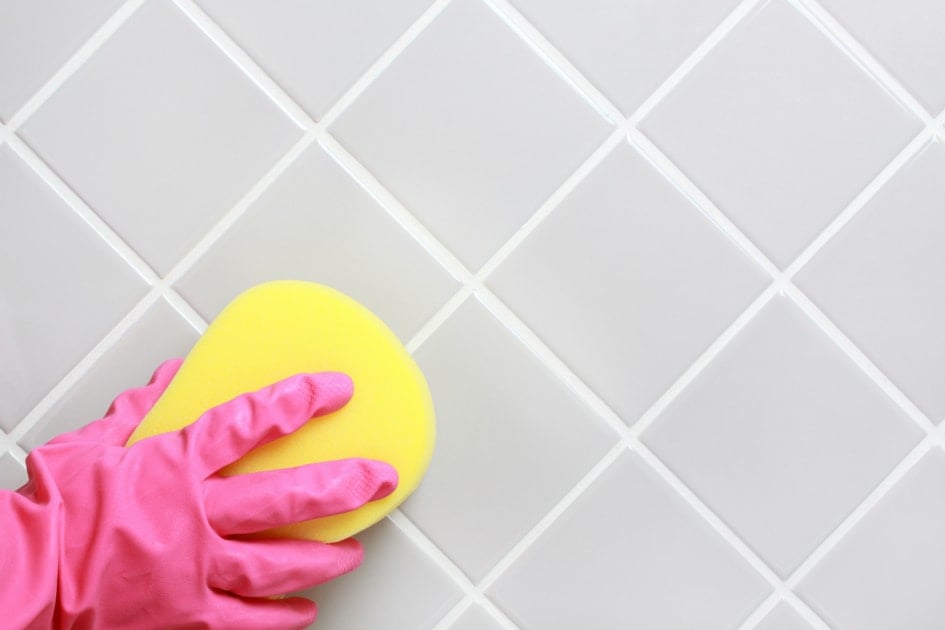
Epsom salt, chemically known as magnesium sulfate, has a variety of surprising uses throughout your home. Grab that carton from under the sink and put it to use in these clever ways.
What Is Epsom Salt?
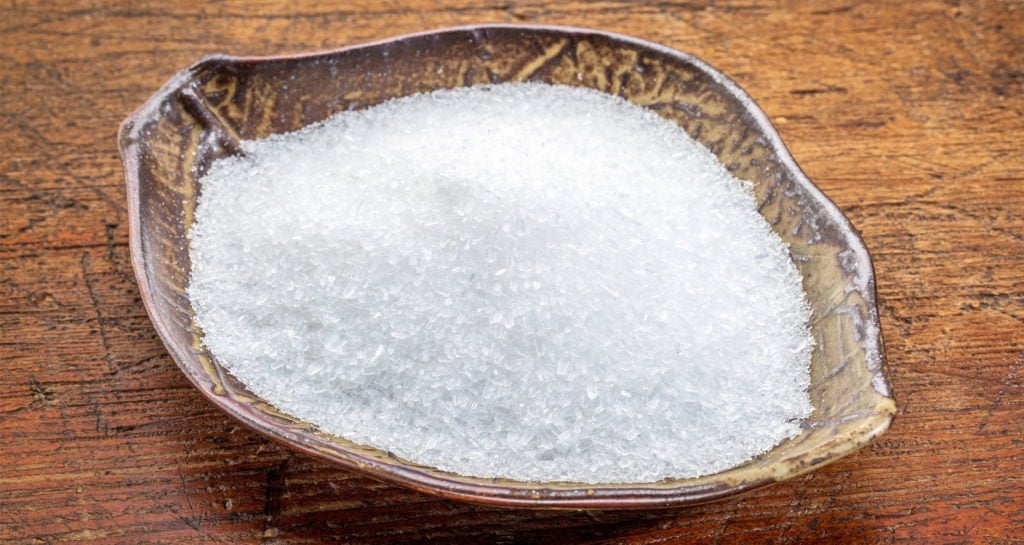
Epsom salt (or “salts”) was first found in the waters of a town named Epsom, in England. As early as the 17th century there are records of people taking advantage of its natural properties. It was once the most popular medicinal remedy in England.
20 Uses For Epsom Salt
The incredible health benefits and versatility of Epsom salt—not to mention that it’s inexpensive—make it a must-have for every home medicine cabinet. Try some of these remedies:
1. Alleviate Body Aches
One of the most common uses for Epsom salt is to treat body aches. The magnesium and other compounds are absorbed into your skin and work to relieve aches and pains caused from tension and inflammation. Epsom salt draws toxins from your body to relieve swelling, sprains and bruises. To use, add 2 cups of Epsom salt to your bath and submerge yourself for at least 20 minutes.
2. Stress Relief and Sleep Aid
When your body is deficient in magnesium it can lower your serotonin levels, making you sad, while also affecting your appetite and sleep. When you soak in a bath of Epsom salts, it aids your body in the production of serotonin. Magnesium in the Epsom salt not only helps to reduce stress and improve your mood, but it also helps you sleep. Plus studies show that those suffering from Lyme disease can greatly benefit from Epsom salt soaks. Just be sure the water is not too hot (keep it at 98 F).
3. Healthy Feet
Not only can Epsom salt be used to help relax tired feet, it can also be used to treat athlete’s feet and toenail fungus. Add 1/2 cup to warm water and soak those feet.
4. Constipation Relief
For mild cases of constipation, Epsom salt can be used internally as a gentle laxative. Dissolve 1 teaspoon plain (no fragrances) in 8 oz. of water and drink. It is always wise to consult a physician before taking anything internally.
5. Anti-Inflammatory
Epsom salt is a great anti-inflammatory and has been shown to decrease inflammation while also increasing the elasticity of your arteries. Soak yourself in an Epsom salt bath a few times a week to lower inflammation that can lead to joint aches.
6. Sunburn Relief
Following a long day at the beach, we often find ourselves grabbing a bottle of the more commonly used aloe vera to soothe sun-baked skin. Epsom salt’s anti-inflammatory properties make it a great alternative for relief from too much sun exposure. In an empty spray bottle, mix in 2 tablespoons of Epsom salt with 1 cup of water. Spray affected area.
7. Splinter Removal
Stubborn splinters often lead us to painstakingly digging at our skin with a pair of tweezers. Instead, try soaking in a bath of Epsom salts first. This increases the osmotic pressure of the skin, which will help draw the splinter to the surface. The magnesium will also help reduce inflammation around the splinter, making it easier to remove. If it’s just a toe or finger, dissolve 2 tablespoons of Epsom salt in a cup of warm water and soak.
8. Exfoliator
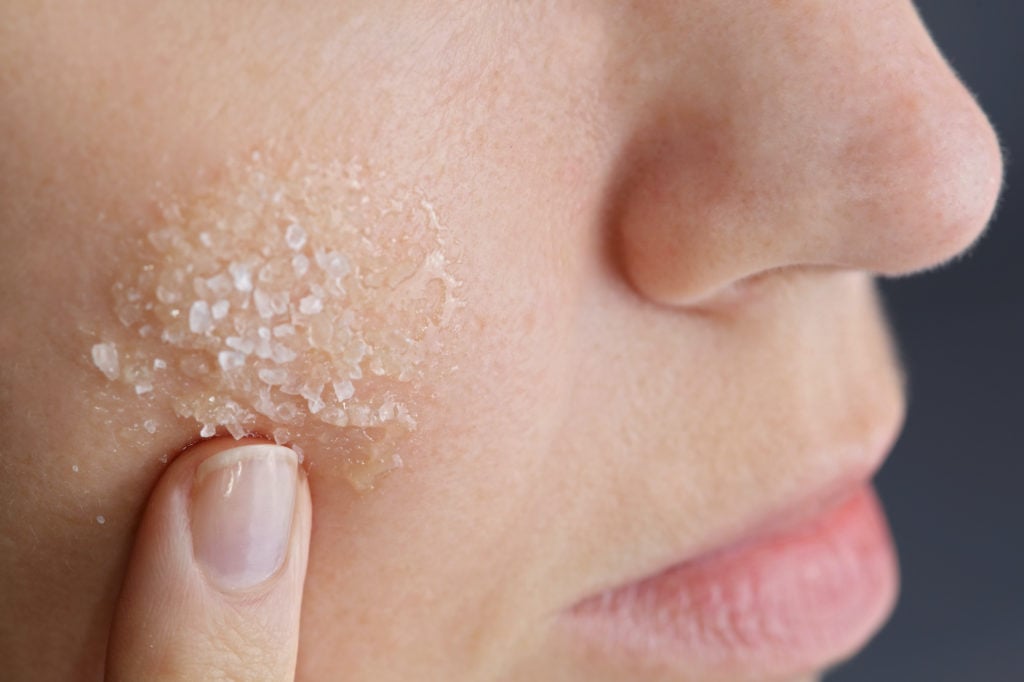
No need to break the bank on expensive exfoliants or spa treatments. Epsom salt is a great natural exfoliant. To help get rid of dead skin and to remove impurities, add a pinch to your normal face wash, gently rub in a circular motion, and rinse.
9. Acne Treatment
Epsom salt is also an effective natural face cleanser, containing antibacterial, anti-fungal, and antiviral properties, making it a fantastic choice to treat acne. Before bed, mix a teaspoon of Epsom salt with your normal facial cleanser and wash as normal.
10. Blackhead Banisher

In addition to removing dead skin and clearing blemishes, Epsom salt works well at extracting blackheads. Mix one tsp of Epsom salt with four drops of iodine in a half-cup of hot water. Stir until dissolved. Once slightly cooled, massage the mixture into the affected skin, dry completely, wash with warm water and pat dry.
11. Healthy Hair
Not only will your body thank you for adding Epsom salt into your daily routine, your hair will also benefit. To remove build up of styling products, including hairspray, mix 1 cup each of Epsom salt and lemon juice into a gallon of water. Cover and let the mixture sit for 24 hours before use. Simply pour over hair and let the mixture sit for 15-20 minutes. Wash and condition as usual. To add volume to your hair, combine equal parts conditioner and Epsom salt. Apply to hair and let sit for 20 minutes. The Epsom salt helps remove excess oil that weighs hair down.
12. Moisturizing Hand Wash
Want to keep your hands soft? Mix equal parts Epsom salt and baby oil or olive oil. Store the moisturizing hand cleanser in bottles and keep by your sink. Massage in and rinse after washing your hands.
13. Cold and Flu Relief
Soaking in an Epsom bath my boost your immune system, increasing white blood cells to help fight off infection. Epsom salt soaks also relax muscles and aches which aid in restorative sleep to help fight off infection. Add a few drops of eucalyptus oil to the bath for easy breathing.
14. Poison Ivy Relief
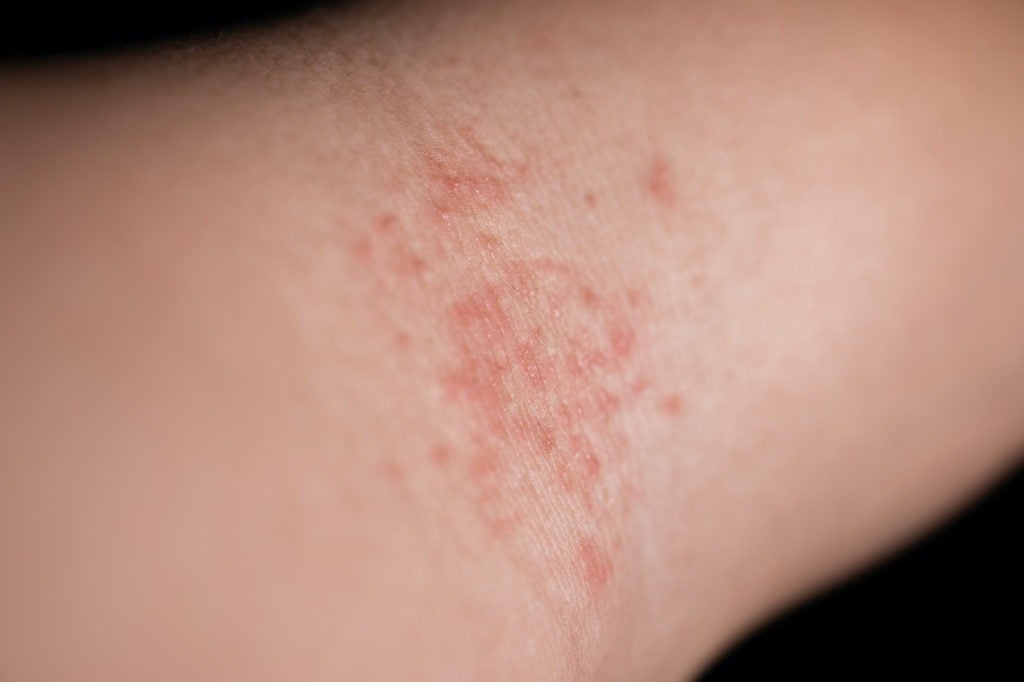
A cold Epsom salt compress may help bring some relief to poison ivy sufferers by relieving irritation and swelling. Soak a cotton washcloth in an Epsom salt and water solution (2 tablespoons Epsom salt and 1 cup cold water), wring it out, and apply to the affected area.
15. Bug Bite Relief

To relieve the annoying itch of bug bites, mix 1/2 a cup of hot water and 1/2 a cup of Epsom salt in a spray bottle. Spray onto the affected skin. This spray also works well for other causes of itchy skin. Or try this remedy!
16. Pots and Pans Scrubber
The abrasive textures of the salt crystals help to remove stuck-on food, without hurting your cookware. Simply pour a small amount of Epsom salts onto your pots or pans before you scrub them.
17. Grout Cleaner
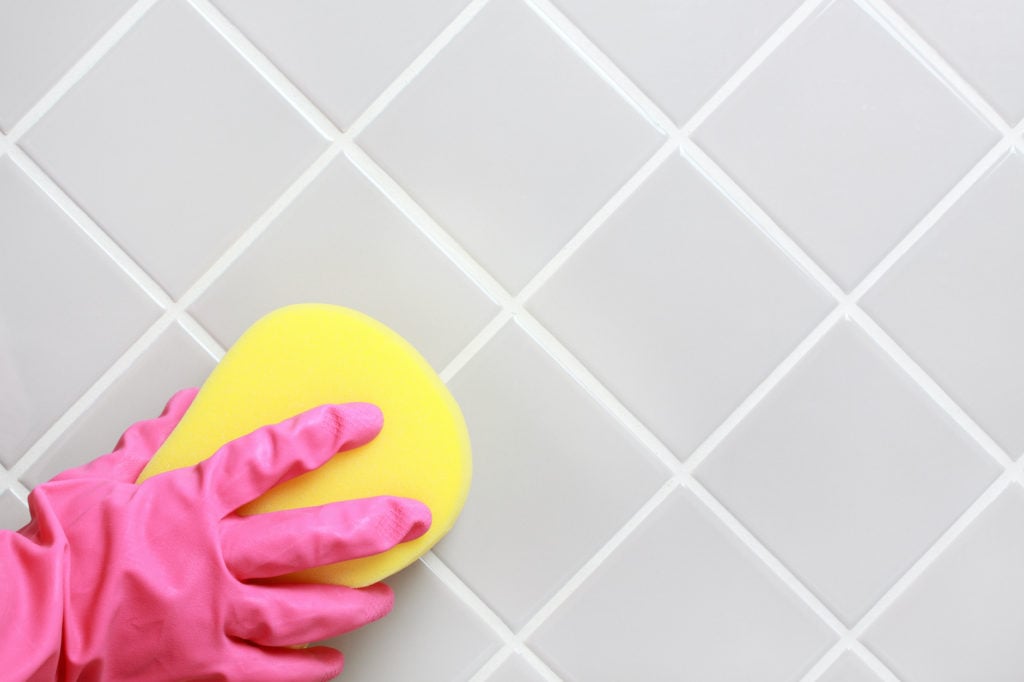
Mix equal parts Epsom salts and liquid dish detergent to create an effective tile and grout cleaner. Apply this mixture to stains in your bathroom or kitchen. Let it soak for a few minutes, scrub away grime, and rinse clean.
18. Washing Machine Cleaner
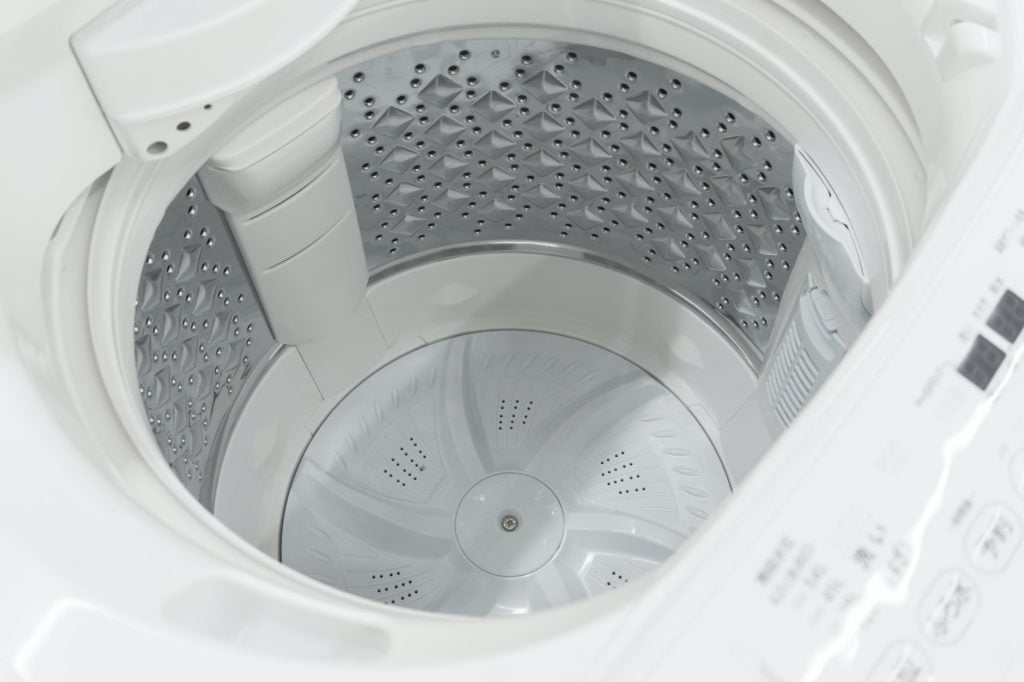
Your washing machine can get surprisingly grungy. With use, laundry detergent and other contaminants build up inside machines. Epsom salt helps keep your washer running efficiently by removing unwanted gunk. Let the washing tub fill with hot water. Add 1 quart of white vinegar and 1 cup of Epsom salt. Let the machine agitate for a minute and then stop the cycle to let the solution sit in the machine for about an hour before continuing to finish the cycle. Run a rinse cycle before adding clothes.
19. Helper In the Yard and Garden
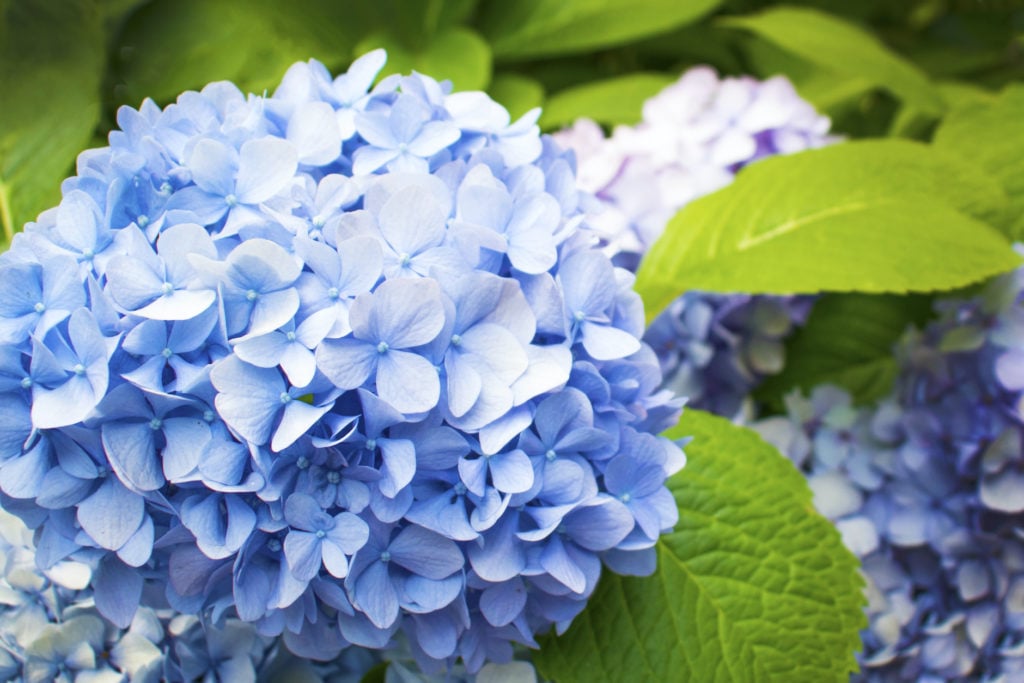
The benefits of Epsom salt do not stop in the house. Head out to the garden, where magnesium sulfate is great for greening up your yard and fertilizing your plants. It will also remove unwanted pests and slugs—just sprinkle a line around your garden to keep them out.
According to the EpsomSaltCouncil.org, Studies show that magnesium and sulfur, two naturally occurring minerals that are major components of Epsom salt, may help plants grow greener with higher yields and more blooms. Magnesium creates an environment conducive to growth by helping seeds to germinate, increasing chlorophyll production and improving phosphorus and nitrogen uptake. Sulfur is also a key element in plant growth, helping produce vitamins.
Adding Epsom salt to your soil before planting vegetables gives it a boost of magnesium (test soil for deficiency first). You can also sprinkle Epsom salt around your plants for healthier foliage. About 1 tablespoon per 12 inches of height (once a month). Tomato plants also benefit from Epsom salt treatments—just water your vines with 1 tablespoon of Epsom salt dissolved in a gallon of water every two weeks. Acid-loving plants, like hydrangea, azaleas, roses, rhododendrons, blueberry, and hibiscus will also appreciate the treatment.
20. Healthier Plants
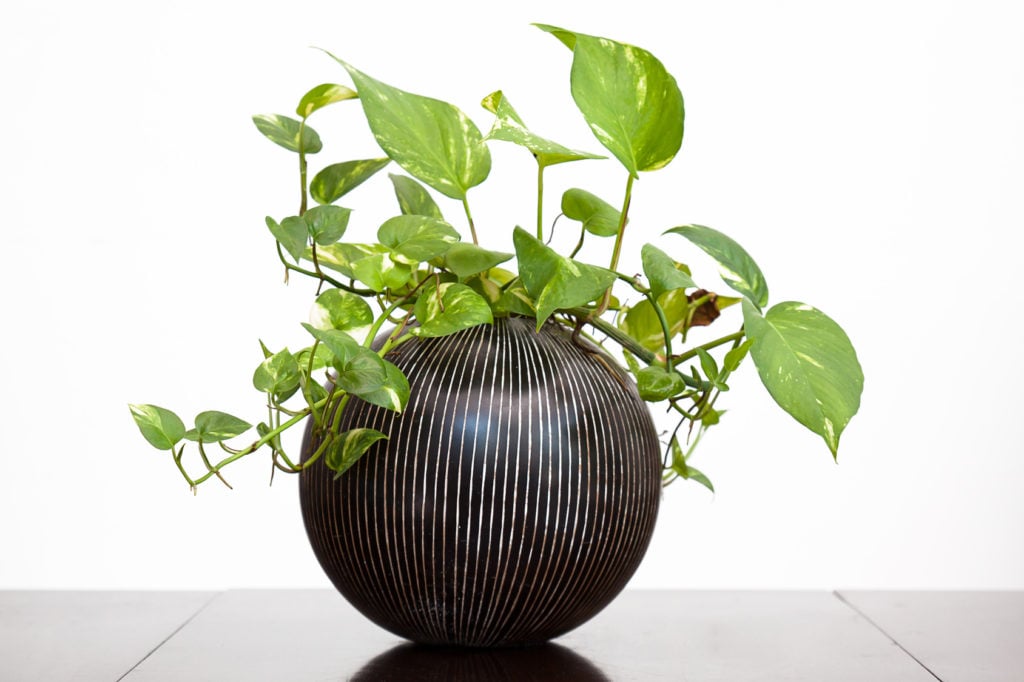
If your houseplants are turning yellow, they may have a magnesium deficiency. Epsom salt to the rescue! Try adding a teaspoon of Epsom salt per gallon of water and water as usual, and occasionally spray the leaves with the solution, to help them grow more lush and green.
Note: Epsom salt is not an all-purpose fertilizer. It will create healthier, greener, bushier houseplants only if your houseplants are deficient in magnesium or sulfate.

Natalie LaVolpe
Natalie LaVolpe is a freelance writer and former special education teacher. She is dedicated to healthy living through body and mind. She currently resides on Long Island, New York, with her husband, children, and dog.





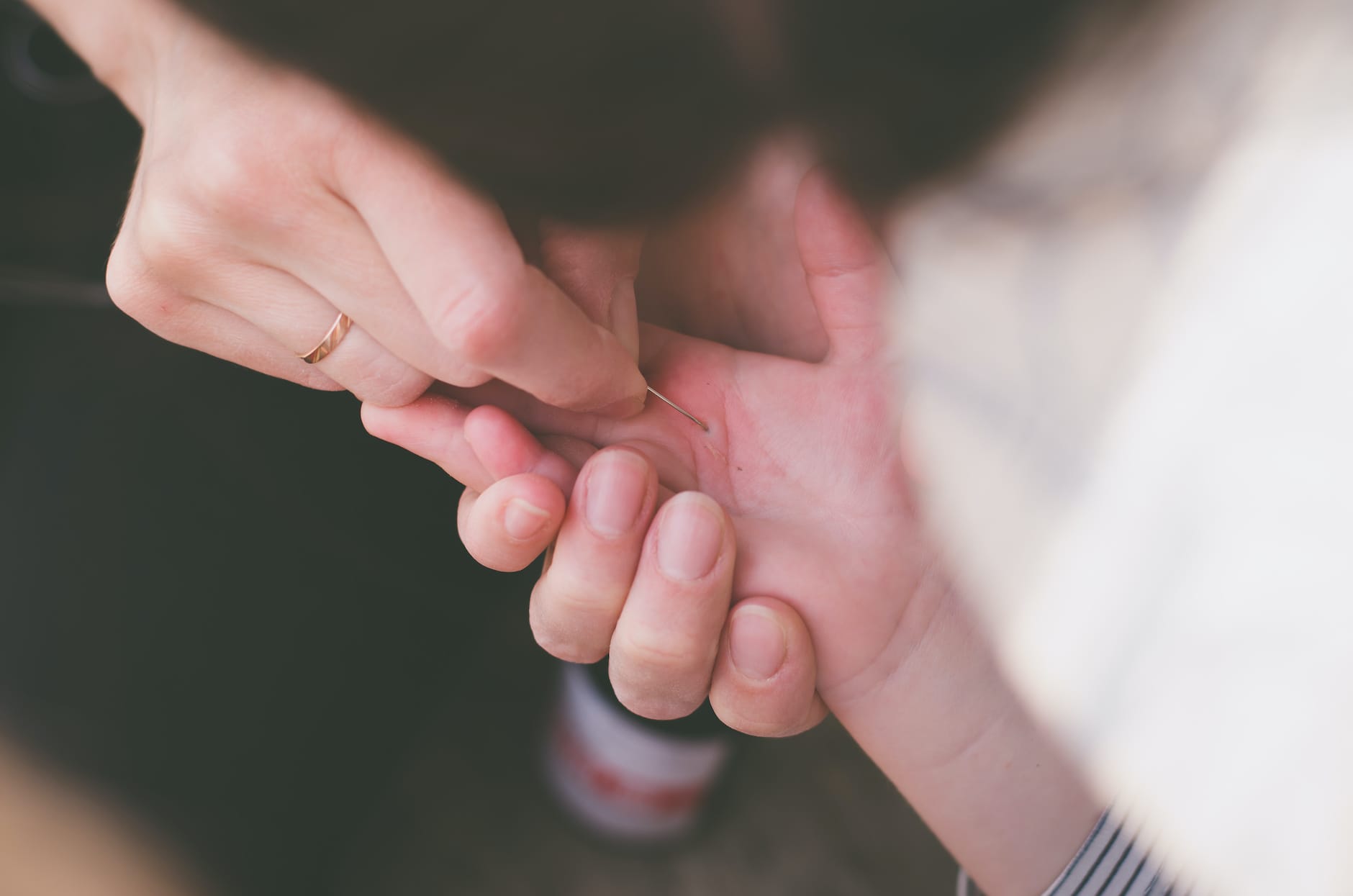

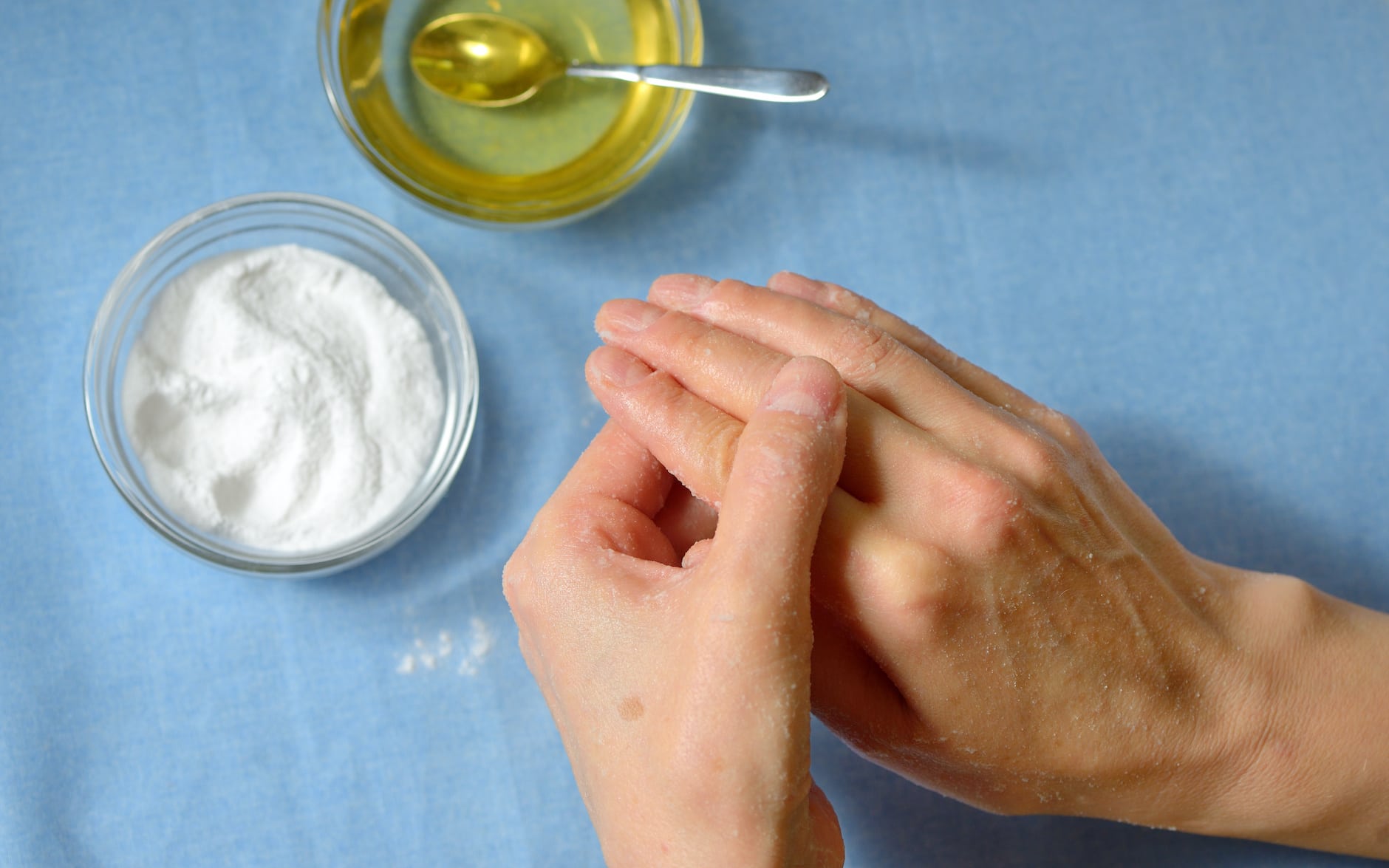
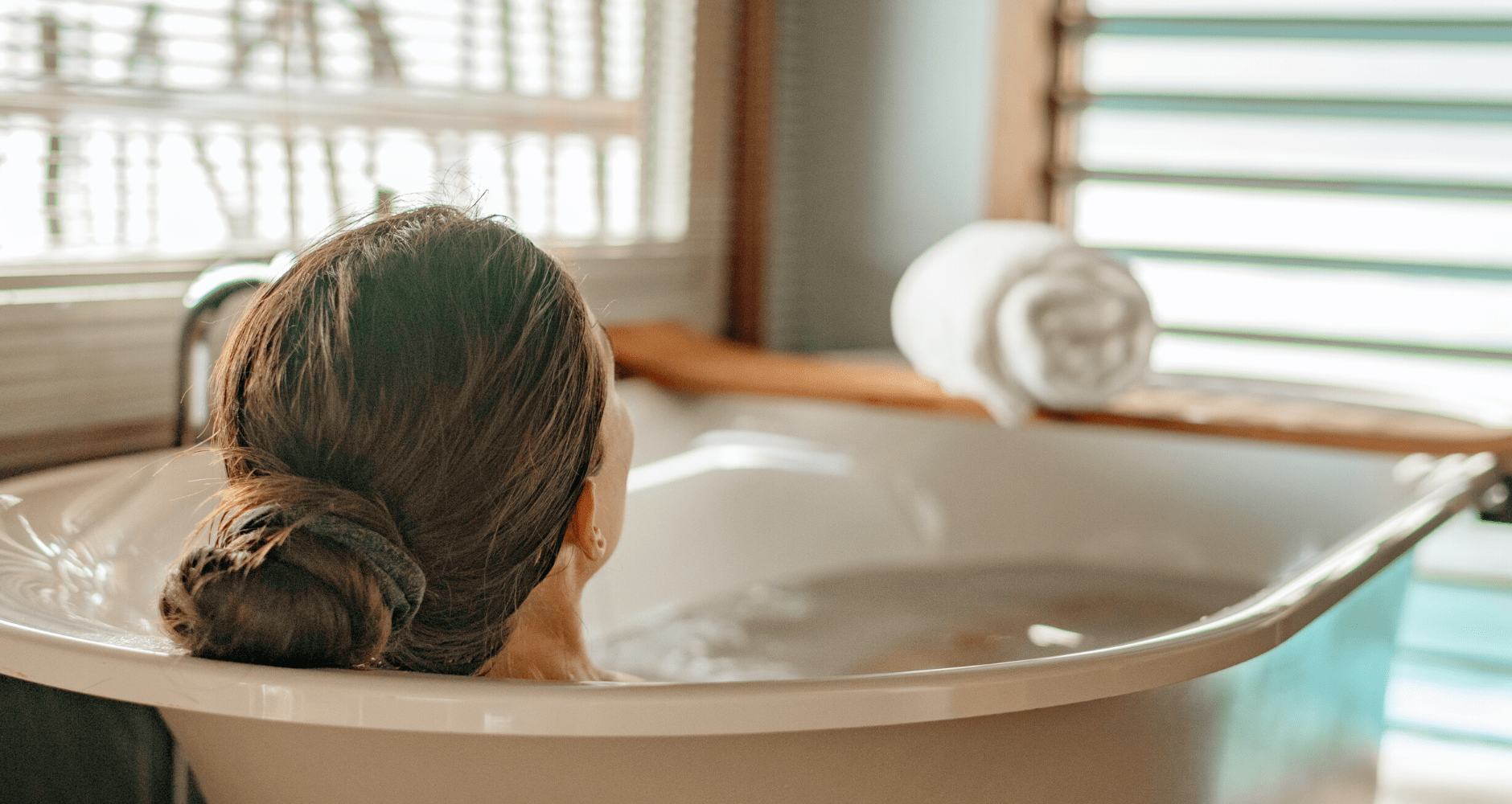
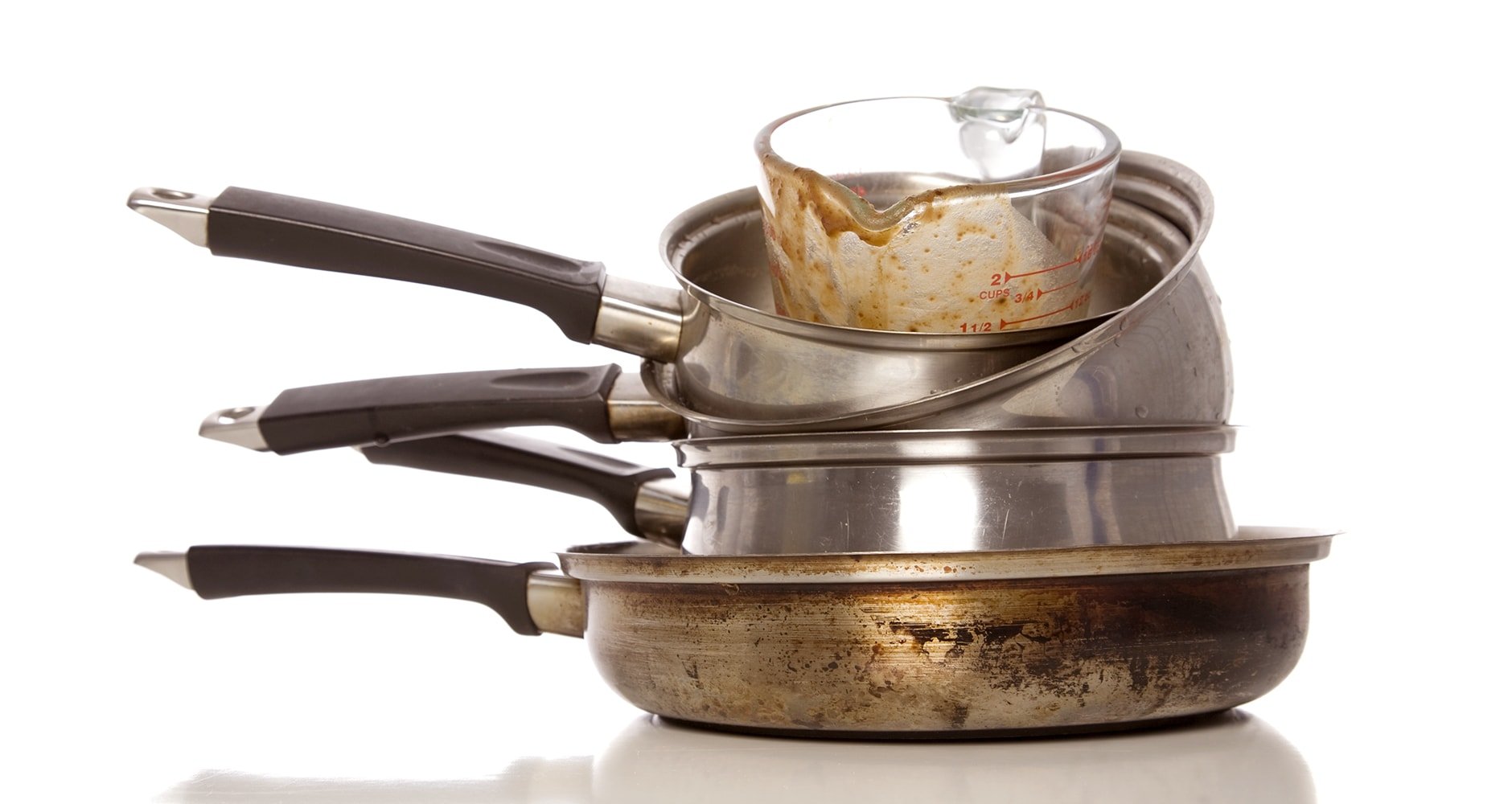


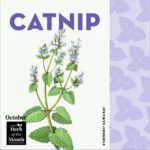


I have 2 one year old puppies. I am constantly retrieving balls from under the furniture, or cleaning up after them. This leads to repetetive bending, and my lower back is taking quite the hit. The other day, it just totally gave out on me, and was spasming. I couldn’t move, and was on a heating pad all day. That being said, I took a lavender/Epsom Salt bath, and the next morning, I was a new person. It was a miracle. I’ll be doiing this on the reg!!!!!
Can Epsom Salts help draw out boils on the skin??
How is Epson Salt used to deter Ground Hogs?
Lots of useful information here. Just have to say, don’t ever use baby oil on your skin! It’s one of many products allowed to be sold in the US that actually ought to be banned! (google for your own research)
is epson salt useful in koi ponds?
Hi, it does have some benefits in ponds, working against bacteria, but we do recommend checking with a reputable koi or pond resource.
Epsom. Epson is a printer.
Hi there please allow me to say my parents have always keep Epsom salt at home and used it for sprains, wash cuts, and to clean the stomach of worms
That’s interesting ! Especially the information about worms. Thank you.
Clean the stomach of worms? Seems like a waste of time.
You get them dried off and they hop right back into the dirt.
Hi,
Yes, it is an oldie but a goodie. Sometimes it’s good to be reminded of what our parents and grandparents used.
Im so excited to know all the things that Epson salt will do. I have a closit at home full of it now !!!
Wow!! Thank you so much for this informative article. I had no idea that there are so many uses of Epsom Salts!! I remember years ago, l had a splinter in my foot and my dear 80 yr old friend Doris, got some Epsom salts in a dish of warm water, l soaked my foot, and in 20 minutes it literally had pushed itself out. I was amazed and now l’m finding out about all the other uses. I’m a new subscriber Farmers’ Almanac. Thank you so much for these useful tips.
I was told a half teaspoon day would help clear arteries over time. Is this true.
.
Hi Kay, we recommend you check with your doctor on that one, to be safe.
I have heard it helps make your artery walls flexible. That is not the same thing as clearing your arteries. The only thing that can “clear your arteries” though in lowering your cholesterol. That is the only thing that builds up in your arteries. A half a teaspoon is the correct amount for helping make your arteries flexible.
absolutely scientifically wrong. It will have no affect on your arteries
Everything we consume has an effect on our arteries. Some good, some bad.
Is Epsom salt good or bad?
Hi, Can Epson Salts be used as an Air Filter?
Thanks
We’re not familiar with this use, Geoff.